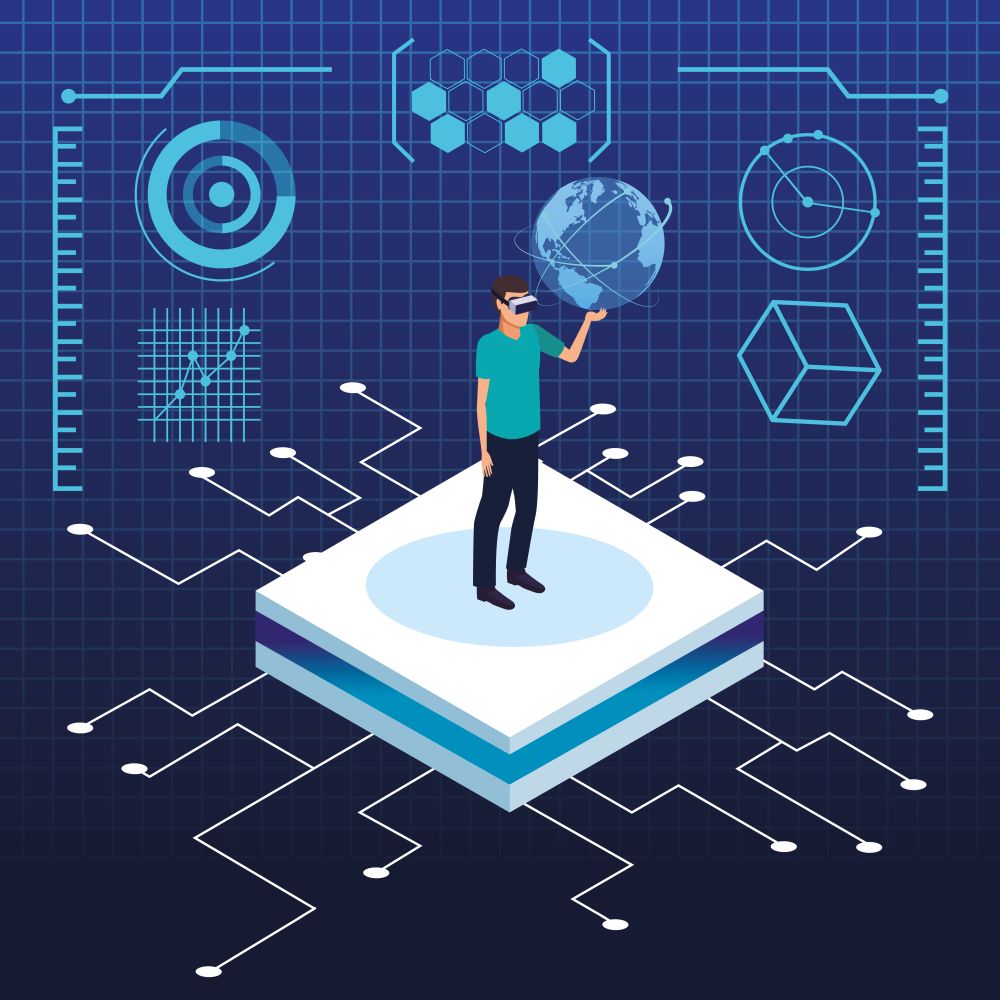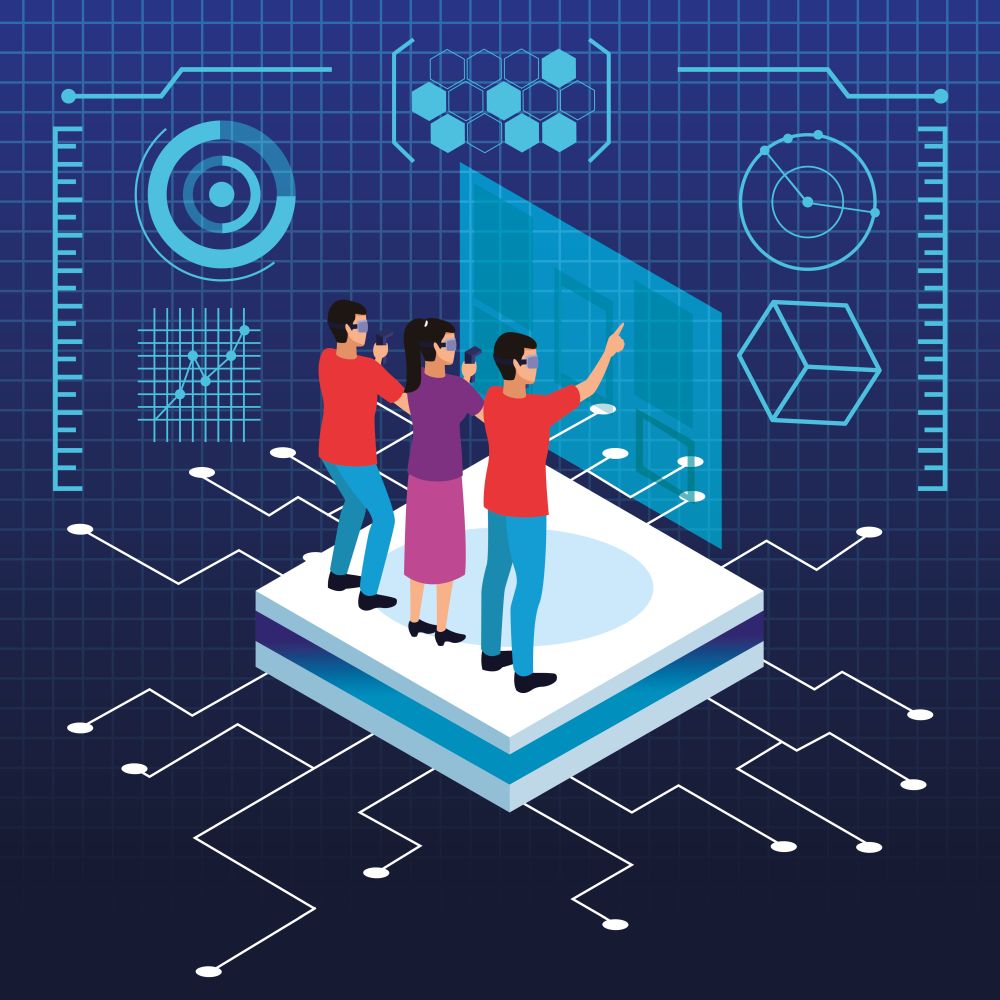Simulations in a business environment, particularly for training soft skills, refer to interactive, scenario-based activities designed to replicate real-world challenges and situations. These simulations are often digital or virtual, allowing participants to practice and develop soft skills such as communication, leadership, teamwork, problem-solving, and decision-making in a controlled, risk-free setting.

Our repertoire includes several high-impact simulations like Miki Island of Aeqlia, Agile Move and Sustainability of Celemi, as well as Shift and Navigator of HDX and various simulations from BSK Sims. These simulations are powerful tools for illustrating concepts, testing strategies, and enhancing decision-making skills in contexts ranging from effective communication to organizational change. Each simulation is selected for its relevance and impact, ensuring a tailored fit for the workshop’s objectives.
Our simulation repertoire…

Build
High-Performing Teams

Gamified learning

Human Development eXperience

Virtual Games
Real Learning

Digital simulations in the business context for skills development refer to the use of computer-based models and virtual environments to replicate real-world scenarios for training and educational purposes. These simulations are designed to provide employees with a safe, controlled, and interactive platform where they can practice and enhance their skills without the risks and costs associated with real-life training. By immersing participants in realistic job-related situations, digital simulations facilitate experiential learning, allowing individuals to apply theoretical knowledge, make decisions, and see the consequences of their actions in a virtual setting.
Digital simulations in the business context for skills development refer to the use of computer-based models and virtual environments to replicate real-world scenarios for training and educational purposes. These simulations are designed to provide employees with a safe, controlled, and interactive platform where they can practice and enhance their skills without the risks and costs associated with real-life training. By immersing participants in realistic job-related situations, digital simulations facilitate experiential learning, allowing individuals to apply theoretical knowledge, make decisions, and see the consequences of their actions in a virtual setting.
The advantages of using digital simulations for skills development in business are manifold. Firstly, they offer a high degree of flexibility, enabling training to be tailored to specific needs and accessible anytime, anywhere. This is particularly beneficial in today’s fast-paced and geographically dispersed business environments. Secondly, digital simulations provide a risk-free environment where employees can experiment and learn from their mistakes without fear of real-world repercussions, which can significantly accelerate the learning process. Thirdly, they can simulate scenarios that are difficult, dangerous, or expensive to recreate in real life, making them an invaluable tool for training in areas such as emergency response, complex technical tasks, and high-stakes decision-making. Additionally, digital simulations can track and assess performance, providing immediate feedback and detailed analytics to help identify areas of strength and those needing improvement. This data-driven approach enables targeted and efficient skills development, ultimately enhancing workforce competency and business performance.
